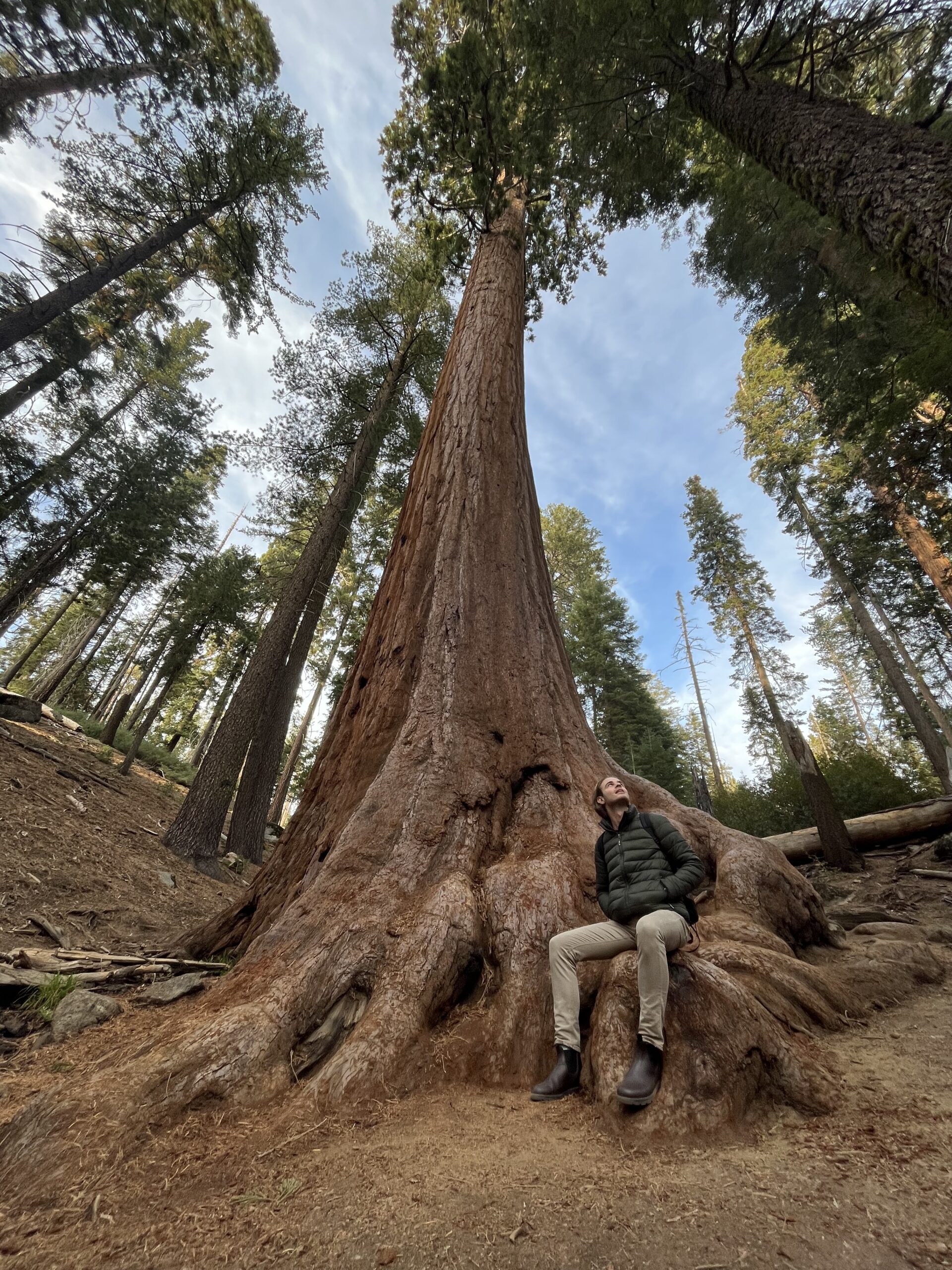Thomas King is the founder of Food Frontier and a former Young Australian of the Year VIC, Myer Innovation Fellow and Top 100 Innovator. Having worked in the not-for-profit space for over a decade driving food systems, environmental and poverty alleviation initiatives, he recently had the opportunity to take his first sabbatical (with a few periods of work). Spending four months traveling across the United States and Europe to see just how far alternative proteins have come and being inspired by others working in the sector.
Having invested so much time into building Food Frontier since 2017, what were your motivations for taking this time off now?
Food Frontier has grown and evolved tremendously since its inception over five years ago. As we’ve brought on more talented, mission-aligned professionals, I’ve been delighted and impressed by the organisation’s ability to operate more sustainably without me having to be around each day, which is a credit to our incredibly capable and committed team and board.
This time was both a chance for me to reset personally, and to also explore some of the key developments in international alt proteins markets. I attended events, visited facilities and sampled some incredible products, whilst reconnecting with close colleagues, supporters, allies and some of the top investors and thought leaders in the space globally.
Based on your travel experiences, what excites you most about the future of the alternative proteins industry?
Some of the innovations I came across left me feeling pretty invigorated. A few products I tried at the Plant Based World Expo in New York really impressed me, including Wicked’s deliciously creamy ice cream based on lupin—a legume that holds great potential as a protein base, but is typically more challenging to unlock and utilise.
In London I tried a product at the leading edge of alt protein innovation, Redefine Meat’s plant-based ‘lamb flank’. The Israel start-up uses 3D printing to achieve a texture that is insanely realistic to sirloin. As far as I’m concerned, it’s in a league of its own in terms of replicating the sensory experience of red meat.
Achieving both a taste and texture that’s comparable with conventional animal protein has been one of the biggest struggles for plant-based businesses, so it was amazing to experience these advancements born from new ingredient and processing innovation.
This trip enabled you to reflect on the differences Australia and New Zealand have from the rest of the industry. What are our benefits?
One of the greatest advantages for Australia and New Zealand is our geography—we sit at the doorstep of the world’s most populous region, where demand for protein is rising. To many in the US and Europe, Asia is seen as a far away, foreign place. Whereas Australia and New Zealand have natural advantages as neighbouring nations in the region, presenting massive untapped opportunities for the expansion of our alternative proteins industry.
By leveraging our premium food brand, regional trade relationships, and the expertise of our world-class agrifood innovation ecosystem, both countries can lead in the production and export of new protein offerings alongside our existing ones. To help local manufacturers unlock this opportunity, Food Frontier is developing our next report on opportunities for exporting to Asia, due for release in May 2023.
What are the biggest challenges for the alternative proteins industry here?
The market here in Australia and New Zealand is just not as mature compared to some overseas markets like the UK, and the industry in the US. Naturally, there are some major advancements being made over there that we are yet to realise.
One that really stood out to me was the prevalence of marketing everywhere I went in London. For example in the tube, where you constantly see billboards for an array of different plant-based meat products, often employing very clever, cheeky, memorable concepts which really make an impact on public awareness and trial.
I believe this is an area industry here needs to be investing far more into, and fortunately there are some clever and creative examples overseas to look to.
What is your perspective on the state of the industry now?
The global alternative proteins landscape looks significantly different now than it did even a couple of years ago, and my conversations and observations overseas only affirmed this. The ecosystem is larger and more diverse than ever before, with many new market entrants. In some areas this has seen more replication than genuine innovation and differentiation, and naturally, the plant-based meat industry is now entering a period of consolidation accelerated by challenging macro-economic circumstances.
Conversely, there is far greater leading-edge innovation than ever before, and the progress being made to unlock solutions in both the plant-based and cellular agriculture fields is incredibly exciting. One such area is precision fermentation, which I had the opportunity to discuss in-depth with writer George Monbiot in Stockholm (Greta Thunberg was also at the same event), whose latest book Regenesis explores the potential of this technology to transform global food systems.
Notwithstanding the many challenges, alternative proteins has a bright future ahead—and there’s lots more good work to be done!
